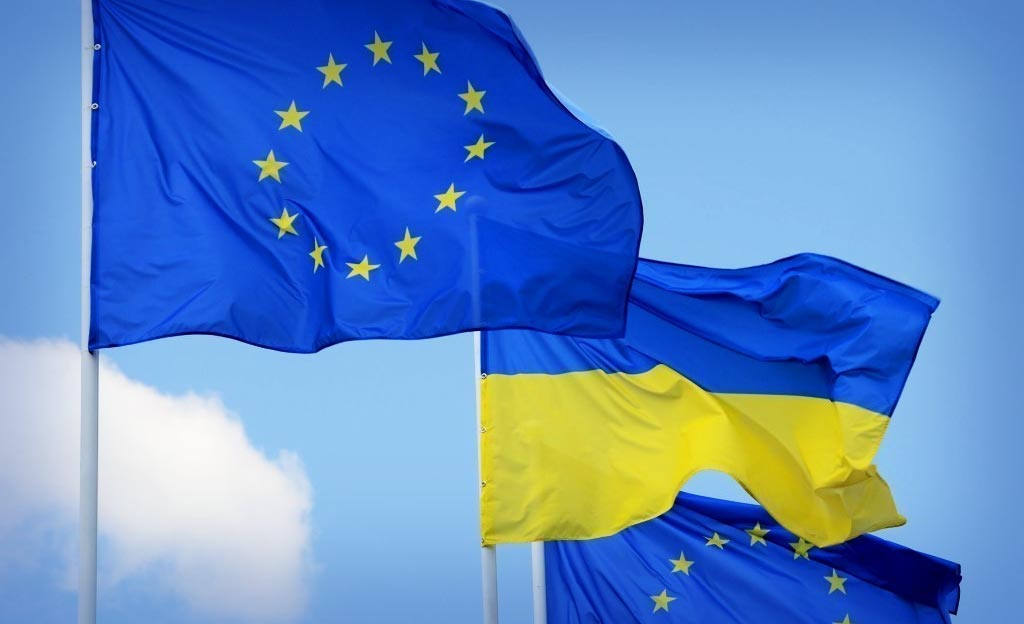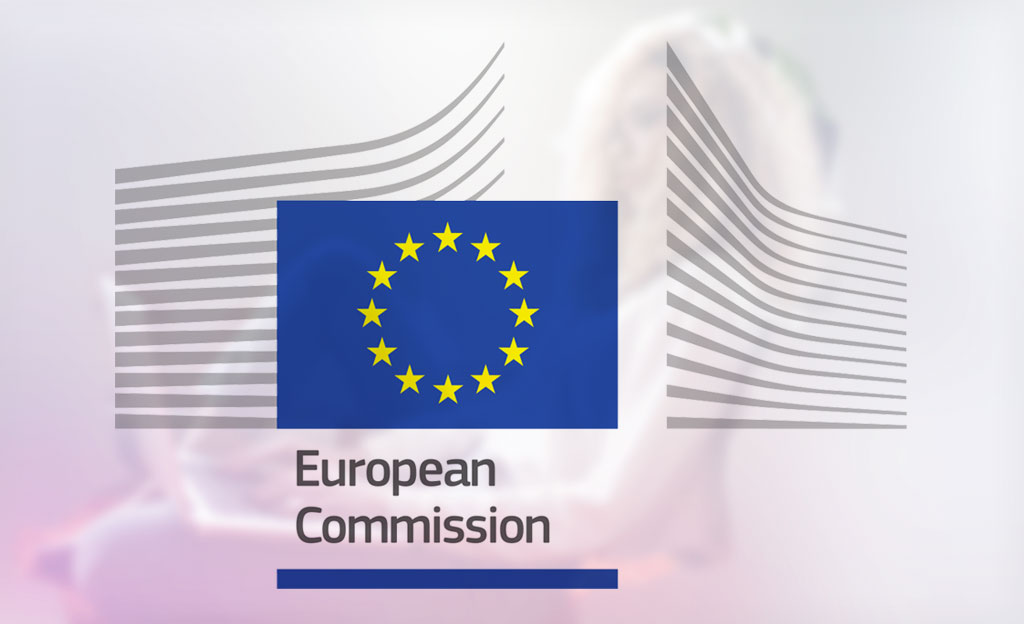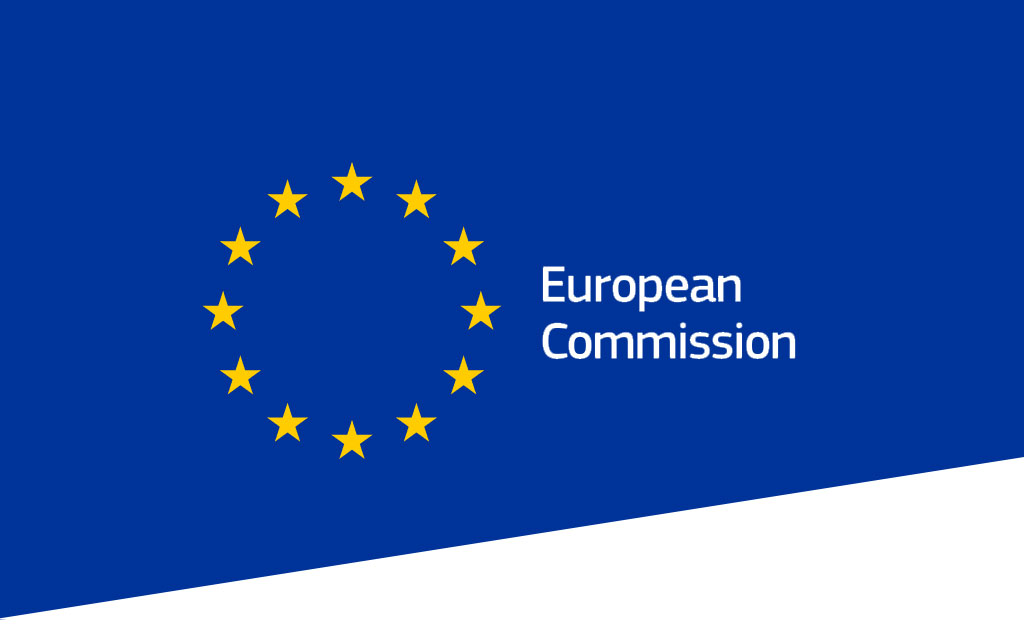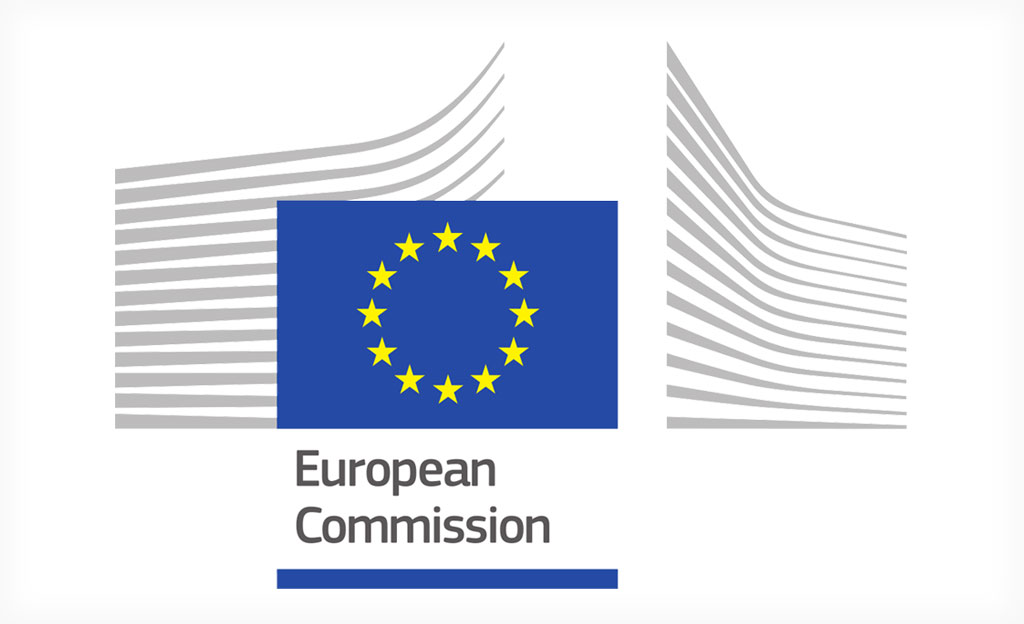EU News, 6 September 2023
New initiative on European cross-border associations
–
On 5 September, the European Commission adopted a proposal to facilitate cross-border activities of non-profit associations in the EU. It aims to improve the functioning of the Internal Market by removing legal and administrative barriers for non-profit associations that operate or wish to operate in more than one Member State.
Currently, when non-profit associations engage in activities in another Member State than the one they are established in, they do not receive uniform acknowledgment of their legal personality and capacity and often need to register for a second time or even form a new legal entity in that Member State.
To tackle the issue, the Commission’s proposal introduces an additional legal form of a European cross-border association (ECBA) in Member States’ national legal systems, which is specifically designed for cross-border purposes. Once established in one Member State, an ECBA will be recognised automatically and will be able to engage in activities in all Member States, including economic activities.
With the proposed Directive, the Commission also adopted a Regulation of technical nature amending the Internal Market Information System (IMI) and the Single Digital Gateway (SDG) Regulations, to allow cooperation and exchange of information among competent authorities through the IMI system and to conduct digital operations through the SDG allowing access to information about ECBAs available online.
News EU, 5 June 2023
New Commission proposals on the cross-border protection of adults
–
The European Commission published on 31 May 2023 a legislative package on the protection of adults. The package contains a proposal for a Council Decision authorising 14 Member States which are not Contracting Parties to the HCCH 2000 Protection of Adults Convention to become parties, as well as a proposal for a Regulation on jurisdiction, applicable law, recognition and enforcement of measures and cooperation in matters relating to the protection of adults which seeks more simplification and improved cooperation within the EU.
The proposal for a Regulation is set to facilitate both the determination of the competent courts in the Member States and of the applicable law as well as the recognition and enforcement of protection measures taken in another Member State. The initiative is a step towards greater digitalisation of procedures, in particular through the creation of national registers and their interconnection, something that the CNUE has been advocating for many years. Finally, the introduction of a European certificate will make it easier for representatives to prove their powers and to assert rights in another EU Member State.
News EU, 31 March 2023
European Commission publishes a new proposal for a Directive on the digitalisation of company law
–
The European Commission presented, on Wednesday 29 March, its proposal for a directive on extending and improving the use of digital tools and processes in EU company law. The proposed rules include:
- Application of the ‘once-only principle’ so that companies do not need to re-submit information when setting up a branch or a company in another member state. The relevant information can be exchanged through the Business Registers Interconnection System (BRIS).
- An EU Company Certificate, containing a basic set of information about companies, which will be available free of charge in all EU languages.
- A multi-lingual standard model for a digital EU power of attorney that will authorise a person to represent the company in another member state.
- Removing formalities, such as the need for an apostille or certified translations for company documents.
In addition, the Commission intends to focus on improving transparency for cross-border activities. In this sense, the text foresees to connect BRIS to national beneficial owner and insolvency registers in order to facilitate the search for information on companies. Important company information, such as information on partnerships or groups of companies, should also be publicly available through BRIS. Finally, the text should ensure that company data in business registers is “accurate, reliable and up-to-date”, including by introducing checks on company information before it is entered in business registers in all Member States.
News EU, 24 April 2022
EU sanctions against the Russian Federation and Belarus
–
Update, 24 April 2022
The European Commission has created an information page on the measures taken since the beginning of the conflict in Ukraine, the sanctions in force and frequently asked questions. The Commission has also set up a whistleblower tool to report possible violations of existing sanctions.
In view of the unprovoked and unjustified military aggression against Ukraine, the European Union has put in place a series of sanctions against Russia and Belarus. These sanctions consist of individual measures, sectoral measures and financial sector restrictions. In this context, CNUE is disseminating this information to the European notariats to raise awareness of their concrete legal obligations.
The EU adopted new sanctions against Russia and Belarus on Wednesday 10 March. The European Commission has issued a press release following the adoption of this new sanctions package. We also draw your attention to the Council’s webpage, which includes a timetable.
Consolidated list of sanctions :
- PDF – v.1.0
- CSV – v.1.0
- CSV – v.1.1
- XML (Based on XSD) – v.1.1
- XML (Based on XSD) – v.1.0
Individual measures
The EU has designated under sanctions a number of individuals and legal persons. Being a “designated person” means that all funds and economic resources (including property), directly or indirectly belonging to, held or controlled by a designated person must be frozen.
In practice, any EU person and any person doing business in the EU must prevent any transfer, alteration, access, use of or other dealings with those funds. The concept of funds encompasses cash, deposits interest, publicly- and privately-traded securities and debt instruments. Freezing of economic resources of a designated person means that any assets of a designated person, tangible or non-tangible, cannot be used by anyone to obtain other funds or assets (e.g. they cannot be sold or mortgaged). Thus, the notaries play an important role in monitoring that no prohibited transactions take place.
EU sanctions also prohibit making further funds or economic resources available to designated persons or persons controlled by them. By way of example, this means that no further transactions with those persons are possible. In order to assess if an entity is controlled by a designated person, we refer you to the opinion published by the Commission on 8 June 2021.
The company law operations are not explicitly mentioned but since a company or company shares can fall under the “any assets, tangible or non-tangible”, the sanctions are relevant to keep in mind as context if a designated person or persons controlled by them would want launch transactions with such assets.
You can find the consolidated list of designated persons and entities on the Financial Sanctions Files website.

Sectorial measures
The EU has also put in a place restrictions on export to, import from, supply to or use in the Russian Federation of certain goods and associated services, including dual-use and various other items, goods for military use and for oil refining, aviation and space sectors. This means that all relevant transactions concerning those items are prohibited.
Financial sector restrictions
EU sanctions also envisage certain specific restrictions concerning the financial sector. This includes the prohibition for all EU person and any person doing business in the EU to engage in any transaction with the Russian central Bank, irrespective of the type of currency. With limited exception (e.g. for humanitarian purposes), it also prohibits public financing or financial assistance for trade with, or investment in, Russia, as well as certain investment services, including for the Russian government.
News EU, 20 July 2021
European Commission presents new anti-money laundering package
–
On 20 July, the European Commission presented a package of legislative proposals to strengthen the EU’s anti-money laundering and anti-terrorist financing (AML/CFT) rules. It includes the creation of a new European authority dedicated to combating money laundering (“European Anti-Money Laundering Authority” or AMLA). The AMLA is not intended to replace national authorities, but rather to coordinate them and ensure that European rules are properly applied. To this end, the Agency will carry out direct supervision of the entities identified as most risky in the cross-border financial sector and indirect supervision of other entities in the financial and non-financial sector. It will also have a support and coordination role for national financial intelligence units (FIUs). The new EU agency is expected to be legally in place by early 2023 and to be operational in 2024 for all tasks assigned to it, except for its direct supervisory activities. Direct supervision will not be effective until 2026.
In addition to the creation of a new EU agency, the European Commission has proposed :
– a revision of the 2015 regulation on money transfers > Read more
– a new regulation to harmonise the application of rules across the EU > Read more
– and a proposal for a sixth anti-money laundering directive > Read more
Among the main new features is the extension of the list of entities subject to EU anti-money laundering rules. The European Commission proposes to cover all types and categories of crypto-asset service providers from now on, as well as crowdfunding service providers, which are not covered by the current EU rules, mortgage intermediaries and consumer credit providers that are not financial institutions, as well as operators working in residency-by-investment schemes. The European Commission is also proposing the establishment of a cross-border system to link national registers of bank accounts, to enable law enforcement authorities to quickly determine whether a suspect holds bank accounts in other Member States and thus facilitate financial investigations. The rules are also more detailed in several areas, such as policies, internal controls and procedures, customer due diligence and transparency of beneficial ownership.
The legislative package will be discussed by the European Parliament and the Council. The anti-money laundering authority is expected to be operational in 2024 and will start direct supervisory work a little later, once the directive has been transposed and the new rules start to apply.

News EU, 7 June 2021
Proposal for a Regulation on digital identity
–
The European Commission published on 3 June 2021 a draft regulation amending Regulation (EU) No 910/2014 on the establishment of a framework for a European digital identity > Read the proposal
Under the new regulation, Member States will offer citizens and businesses digital portfolios that will link their national digital identity to proof of other personal attributes (e.g. driving licence, diplomas, bank account). These portfolios can be provided by public authorities or by private entities, provided they are recognised by a Member State.
The European digital identity will be :
• Accessible to anyone who wants to use it: any EU citizen, resident or business that wants to use the European digital identity will be able to do so.
• Widely usable: the European digital identity wallet can be used widely, either to identify a user or to prove certain personal attributes, for access to public and private digital services across the EU.
Users will have control over their data. European Digital Identity Portfolios will allow citizens to determine which elements of their identity, data and certificates they share with third parties, and to keep track of this sharing. User control will ensure that only information that needs to be shared is shared.

In order to ensure that this initiative becomes a reality as soon as possible, the proposal is accompanied by a recommendation. The Commission invites Member States to put in place a common toolkit by September 2022 and to start the necessary preparatory work immediately. This toolkit should include the technical architecture, standards and best practice guidelines.
News EU, 21 April 2021
Proposal for a Regulation on Artificial Intelligence
–
The European Commission published on 21 April 2021 a proposal for a regulation on a European approach to artificial intelligence (AI) > Read the proposal
The new rules follow a risk-based approach.
AI systems considered to be high risk include:
• AI technologies used in education or vocational training, which can determine an individual’s access to education and career path (e.g. marking of exam papers);
• AI technologies used in essential private and public services (e.g. credit risk assessment, which deprives some citizens of the possibility to obtain a loan);
• AI technologies used in the areas of administration of justice and democratic processes (e.g. applying the law to a concrete set of facts).
High-risk AI systems will have to comply with strict requirements in order to be placed on the market:
• adequate risk assessment and mitigation systems;
• high quality of data sets feeding into the system to minimise risk and discriminatory outcomes;
• recording of activities to ensure traceability of results;
• detailed documentation providing all necessary information on the system and its purpose to enable the authorities to assess its compliance;
• clear and adequate information for the user;
• appropriate human control to minimise risks;
• high level of robustness, security and accuracy.

The proposed regulation is complemented by a coordinated plan with the Member States which is available online
> Consult the proposal
News EU, 4 March 2021
New EU strategy for the rights of people with disabilities
–
On 3 March 2021, the European Commission presented its Disability Rights Strategy for the period 2021-2030 > Read the report . This 10-year strategy presents key initiatives around three main themes:
• Rights in the EU: people with disabilities have the same right as other EU citizens to move to another country or to participate in political life. Based on the experience gained from the ongoing pilot project in eight countries, the European Commission will propose, by the end of 2023, a European disability card for all EU countries, which will facilitate the mutual recognition of disability status between Member States, helping people with disabilities to enjoy their right to free movement. The Commission will also work closely with Member States to ensure the participation of people with disabilities in the electoral process in 2023.
• Autonomy: People with disabilities have the right to live independently and to choose with whom they want to live and where. To promote independence and inclusion in the community, the Commission will develop guidelines and launch an initiative to improve social services for people with disabilities.
• Non-discrimination and equal opportunities: The strategy aims to protect people with disabilities from all forms of discrimination and violence and to ensure equal opportunities and access to justice, education, culture, sport and tourism. Equal access must also be guaranteed to all health services and employment.

EU countries are key actors in the implementation of the UN Convention on the Rights of Persons with Disabilities. The Commission will set up the Disability Platform, which will bring together the national authorities responsible for the implementation of the Convention, disability organisations and the Commission to support the implementation of the strategy and to strengthen cooperation and exchange on the implementation of the Convention.
The Commission will mainstream disability issues in all major EU policies and initiatives. Because the rights of people with disabilities do not stop at European borders, the Commission will promote the rights of people with disabilities worldwide. The Union will use instruments such as technical assistance and financial programmes, support through EU delegations, policy dialogues and work in multilateral fora to support partner countries in their efforts to implement the UN Convention on the Rights of Persons with Disabilities and provide guidance to implement the UN Sustainable Development Goals (SDGs) in a disability-sensitive manner.
News EU, 13 July 2020
EU Justice Scoreboard 2020
–
On Friday 10 July, the European Commission presented the results of its Justice Scoreboard 2020, which provides a comparative overview of the independence, quality and efficiency of the judicial systems of the EU Member States. This 8th edition covers the years 2012 to 2019, but not 2020, and therefore does not reflect the consequences of the Covid-19 pandemic.
According to the results of two Eurobarometer surveys commissioned by the Commission, public perception of independence has decreased in about two-fifths of all Member States compared to last year. Interference or pressure from government and politicians is the most common reason given for the perceived lack of independence of courts and judges, followed by pressure from economic or other interests. The data will be used to feed into the first annual rule of law report to be adopted by the Commission in September.
Otherwise, the 2020 edition shows that the efficiency and quality of judicial systems in most Member States have continued to improve or have remained stable. Countries such as Portugal, Italy, Croatia and Slovenia have continued to reduce delays in civil and commercial cases.
Another novelty is that the 2020 edition of the Scoreboard includes new indicators on the digitalisation of judicial systems. The report also shows that all Member States are starting to put in place provisions to ensure that judgments are machine readable, although the degree of progress differs. Furthermore, electronic means during court proceedings are only partially available. In more than half of the Member States, electronic filing of applications and transmission of summonses are still not in place or are only possible to a limited extent. The Commission also notes significant gaps in the possibility to follow court proceedings online, with no Member State having achieved full deployment in all jurisdictions and areas of law.
News EU, 10 July 2020
EU citizenship and democracy
–
On 9 July, the European Commission published a new Eurobarometer survey on citizenship and democracy in the EU:
> Read the survey
It shows that a large majority of Europeans (91%) are aware of the term ‘citizen of the European Union’. This is the highest level of awareness since 2007 and a steady increase from 87% in 2015. Most Europeans are well informed about their electoral rights, both at national and European level.
The European Commission has also launched a public consultation on EU citizens’ rights:
> Discover the public consultation
This consultation aims to gather information, experiences and opinions on EU citizenship rights, which will be included in the next report on EU citizenship. In view of the COVID-19 pandemic, this consultation also includes questions on the impact of emergency measures on EU citizenship rights. All citizens and organisations are invited to contribute to this consultation until 1 October 2020.
The results of the Eurobarometer on EU Citizenship and Democracy, the public consultation and a wider stakeholder consultation (to be launched in the second half of 2020), will be incorporated into the next Report on EU Citizenship. This Report will present concrete actions to advance EU citizenship rights. It will complement the Action Plan for European Democracy, both of which are to be adopted by the end of 2020.
Nationals of EU Member States are automatically EU citizens, and EU citizenship confers important rights. These include
– non-discrimination on the basis of nationality,
– the right to live and move within the EU,
– participation in the political life of the EU,
– consular protection, if needed abroad, from the embassy or consulate of any other EU country, if one’s own country is not represented,
– the right to petition the European Parliament and to complain to the European Ombudsman, etc.
These rights are set out in the Treaty on the Functioning of the European Union and included in the Charter of Fundamental Rights. In this context, the CNUE fully supports all measures taken to ensure that EU citizenship rights benefit citizens, to involve citizens more in the democratic life of the Union, to promote the common values of the EU and to strengthen the protection of all European citizens.

News EU, 13 May 2020
New set of proposals in the fight against money laundering
–
On 7 May 2020, the European Commission published a package of initiatives in the field of anti-money laundering and combating terrorist financing. This package mainly consists of the following instruments:
1> An Action Plan for a comprehensive EU policy on the prevention of money laundering and terrorist financing from the Commission in which it unveils the initiatives it wishes to undertake in this area in the next 12 months. The Commission intends to work on the following 6 axes
o Ensuring the effective implementation of the existing European framework, in particular by continuing to monitor the transposition of the directives in force by the Member States and by evaluating the application and capacities of the Member States in the area of money laundering prevention in the context of the European Semester. The adoption of country-specific AML recommendations is scheduled for the second quarter of 2020.
o Present in the first quarter of 2021 a draft regulation for a more uniform application of the EU framework in this area. This regulation should at least include provisions establishing the list of obliged entities, customer due diligence requirements, internal controls, reporting requirements, as well as provisions on beneficial ownership registers and central bank account mechanisms. A more harmonised approach to the identification of politically exposed persons should also be considered. Other measures could include facilitating the use of remote digital identification of customers.
o Establish a European supervisory authority to integrate, complement and enhance coordination of national systems. National supervisors will continue to be an essential part of this system and will remain responsible for most day-to-day supervision. The establishment of the European core system is a priority, and its functions, competences and interaction with national supervisors should be clearly defined in a legislative proposal, announced for the first quarter of 2021. The task of ensuring EU-level supervision could be entrusted either to an existing European agency, namely the European Banking Authority, or to a new specialised body.
o Establish a support and cooperation mechanism for Financial Intelligence Units. To this end, the Commission will present proposals to establish an EU coordination and support mechanism for FIUs in the first quarter of 2021, after assessing options for its role and structure.
o Strengthen criminal law provisions at EU level and information exchange, while ensuring respect for data protection and confidentiality. The role of public-private partnerships should be encouraged wherever possible between law enforcement agencies, FIUs and the private sector. This can range from the exchange of information on typologies and trends to the exchange of operational information on suspects by law enforcement agencies with obligated entities, in order to monitor the transactions of these suspects. Any sharing of information including personal data will have to be fully compliant with data protection legislation and respect the mandates of the authorities concerned. The Commission will issue guidance on PPPs by the first quarter of 2021.
o Strengthen the international dimension of the EU anti-money laundering and counter terrorist financing framework. A new methodology on the assessment of high-risk third countries is published together with this Action Plan. The Commission will continue to work with Member States and will strengthen its participation in the FATF so that the EU can play a more prominent role at global level.
2> A public consultation on the different options mentioned in the above Action Plan has been launched at the same time as the Action Plan in order to allow all interested parties to react to each of the measures proposed by the Commission and to give their views on how best to achieve the desired results in each case. The deadline for input is 29 July.
3> A new methodology for identifying third countries with strategic AML/CFT vulnerabilities that replaces the methodology for identifying high-risk third countries published in June 2018.
4> An updated list of third countries considered to be high risk for money laundering and terrorist financing, established in accordance with the former methodology. This new list is now more consistent with the lists published by the FATF. The countries on the list are the Bahamas, Barbados, Botswana, Cambodia, Ghana, Jamaica, Mauritius, Mongolia, Myanmar, Nicaragua, Panama and Zimbabwe. Countries that have been removed from the list are Bosnia and Herzegovina, Ethiopia, Guyana, Lao People’s Democratic Republic, Sri Lanka and Tunisia. The Commission has amended this list by means of a delegated regulation. This will now be submitted to the European Parliament and the Council for approval within one month (with a possible extension of one month).
All documents and more detailed information are available online:
> Consult

